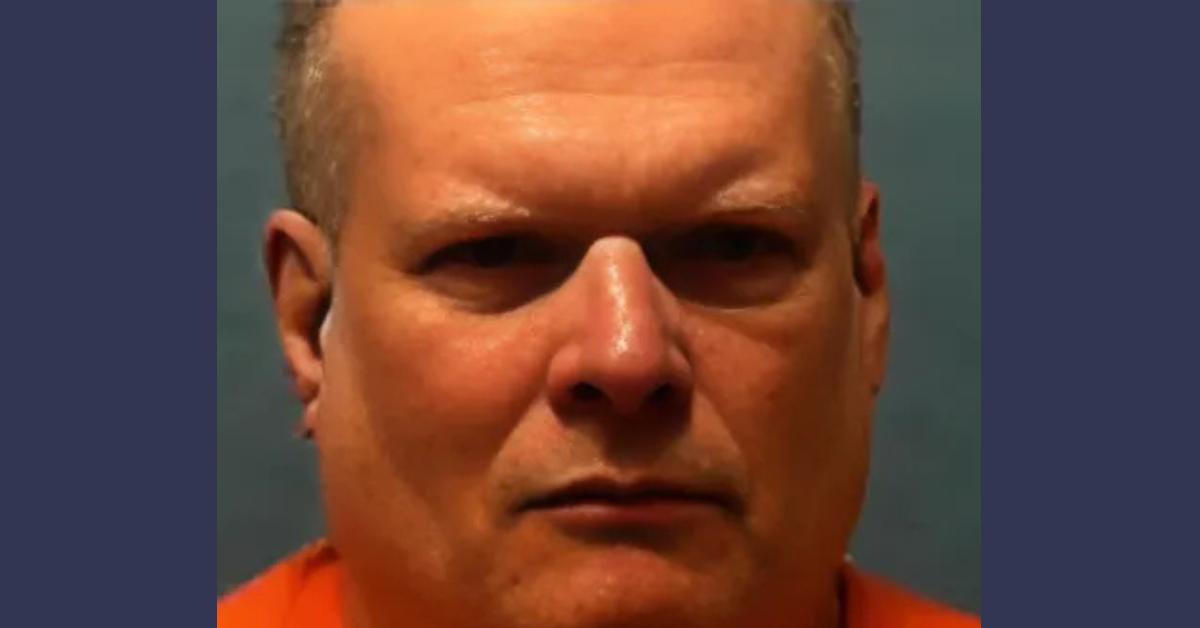
Florida has recently carried out the execution of David Pittman, who was convicted for a triple murder that happened back in 1990. This event marks the 12th execution in the state this year, setting a new record for Florida. The case, which has drawn significant attention, highlights ongoing debates about capital punishment in the United States.
As the state moves forward with such sentences, both supporters and opponents continue to voice their opinions. Florida’s pace in carrying out executions has sparked discussions on legal, ethical, and human rights aspects. For those following the news closely, this case offers a glimpse into how capital punishment is applied in one of the most active states for such sentences.
Background on the David Pittman Case
David Pittman was convicted of a 1990 triple murder involving the deaths of three individuals during a robbery. His case stood out not only because of the crime’s severity but also due to the lengthy legal process that lasted over three decades. Despite appeals and legal challenges, the Florida Department of Corrections confirmed his execution was scheduled as part of the state’s ongoing enforcement of death sentences.
The crime itself involved a brutal robbery that led to three fatalities, making it one of the more notorious cases in the state’s criminal history. Pittman’s defense team argued against the death penalty, citing issues like mental health and the lengthy time between the crime and the execution. However, the state’s justice system remained firm on carrying out the sentence.
Florida’s Record-Breaking Number of Executions in 2024
In 2024 alone, Florida has executed 12 inmates, breaking previous records for yearly executions. This uptick draws attention from national media and human rights organizations. According to the Death Penalty Information Center, Florida is among the top states in the United States in terms of the number of death sentences carried out.
The increase in executions is a result of several factors, including expedited legal processes and fewer delays caused by appeals. Still, each execution reignites discussion about the fairness and effectiveness of the death penalty, with some groups calling for reform or abolition.
Reactions and Public Opinion
The execution of David Pittman has led to varied reactions across the country. Supporters argue that justice has been served, emphasizing closure for the victims’ families and the deterrent effect of capital punishment. Opponents, however, highlight the moral questions raised by the death penalty and concerns over wrongful convictions and inconsistent application.
Human rights organizations such as Amnesty International have condemned the rise in executions in Florida, urging a reconsideration of the practice. Meanwhile, some younger audiences and advocacy groups are pushing for alternatives to capital punishment, viewing it as outdated or inhumane.
The Future of Capital Punishment in Florida
With Florida’s record number of executions in 2024, the future of capital punishment in the state remains uncertain. Legal experts note that while executions have increased, the debate over the death penalty continues at the state legislature and courts. Changes in laws, public opinion, or federal regulations could influence how Florida approaches this controversial form of punishment going forward.
In summary, David Pittman’s execution underscores Florida’s active role in enforcing the death penalty amidst a complex and ongoing national debate. Those interested in the evolving legal landscape or criminal justice reform should watch closely as this issue develops.









